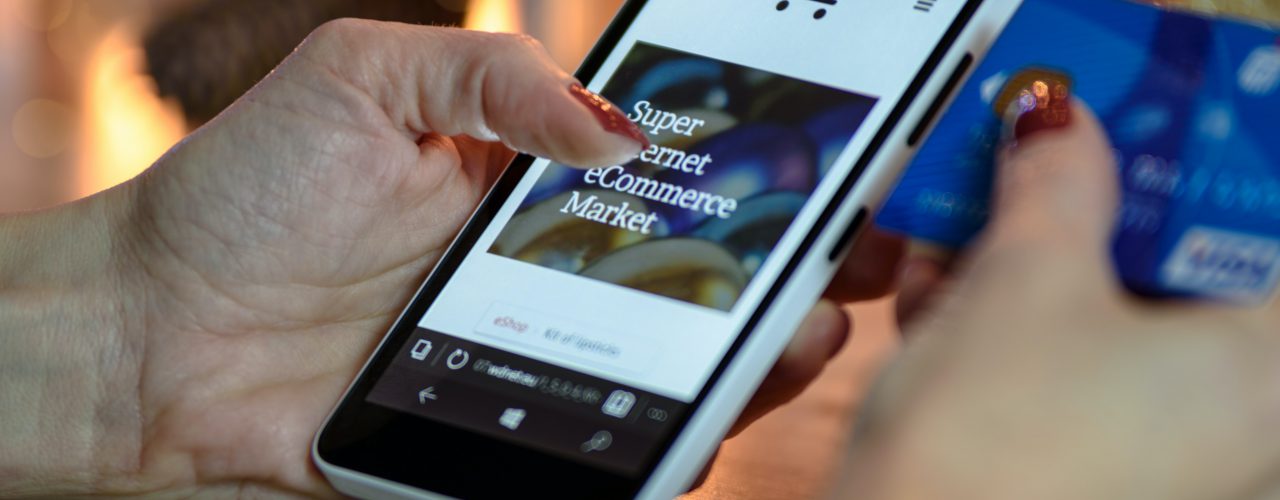
NPR recently reported on a young woman who fell down a rabbit hole of a shopping trend known as “Buy now pay later.” It started as a simple-sounding offer she couldn’t resist. Stuck at home, she ended up doing a lot of online shopping and discovered a new way to pay for things she couldn’t really afford.
What is Buy Now Pay Later?
There’s been a big spike in the number of new companies offering what amounts to free money in the form of a no-interest loan. Unlike layaway, where consumers also pay in installments and don’t get their purchase until it’s paid off – this new trend allows them to have the things they want before they can necessarily afford them, and even if they can’t.
Here, you’re essentially borrowing money for whatever you’re buying and agreeing to pay it back in a certain number of installments. Essentially, these are small loans at the point of sale offered to people who don’t generally buy on credit. The money is generally collected from the bank account or debit or credit card of your choice, and those payments tend to be interest free.
Sound too good to be true? For some shoppers, it is.
Who is Vulnerable to Too-Good-to-Be-True Payment Trends?
Before she knew it, the money left on the young woman’s debit card plummeted from $700 to close to zero. She ended up with a debt that she had to work hard to get out of – an important lesson for anyone tempted to spend money they don’t yet have. It’s not that surprising, when you consider vulnerable consumers like her are exactly who companies hope to reach. The people targeted tend to be those who fit some of the following criteria:
- Don’t have much of a credit history
- Have poor credit
- Don’t have credit cards
- Are young enough to have no memory of the financial crisis of 2008
The Potential Danger of Paying Later
If you’re considering any sort of loan, always keep in mind that from the lender’s perspective, lending money is typically a moneymaker for them due to the interest, fees, or both that you’ll eventually have to pay.
Yet, as long as you don’t buy more than you can safely afford, “buy now pay later” loans may seem like an awesome financial deal. For some shoppers who don’t have any money issues to begin with, it’s the cheapest money they can get. But most Americans do struggle with money, whether to pay off their credit card bills, to afford school loans, or to keep from buying things they don’t need and can’t truly afford. It’s easy to think you’ll have the cash on hand for that new dress in three months. Three months can seem so far away. Maybe you’ll get more hours at work or a relative will lend you the funds. Maybe you’ll win the lottery.
What people like the young person interviewed on NPR don’t always realize is that even though some of the clothing deals they encounter sounded like deals, they can still end up paying more than those same items would originally cost in stores or online.
Smart Financial Habits – Better Than Passing Fads
The best thing anyone can do to avoid scams and stay out of debt is to create smart financial habits. That usually begins with an examination of your own spending habits. Perhaps you should consider opting out of credit cards to get out of debt or create more financially stable shopping behaviors. Additionally, using prepaid debit cards – available at local Currency Exchanges – may protect you by eliminating the need for cash in your pocket or from buying what you can’t afford.
Stop by your neighborhood Community Financial Service Center (CFSC) to check out what else they offer to help people organize their spending and savings:
- Check cashing
- Auto titles & registration
- Ventra cards
- Electronic bill payment
- Small business services
- Money sending services like Moneygram
CFSC provides a broad range of financial services, including a place for you to load up that prepaid debit card, all under one roof. To set up a prepaid debit card or take advantage of our many convenient services, find the nearest CFSC location to you and stop on by!